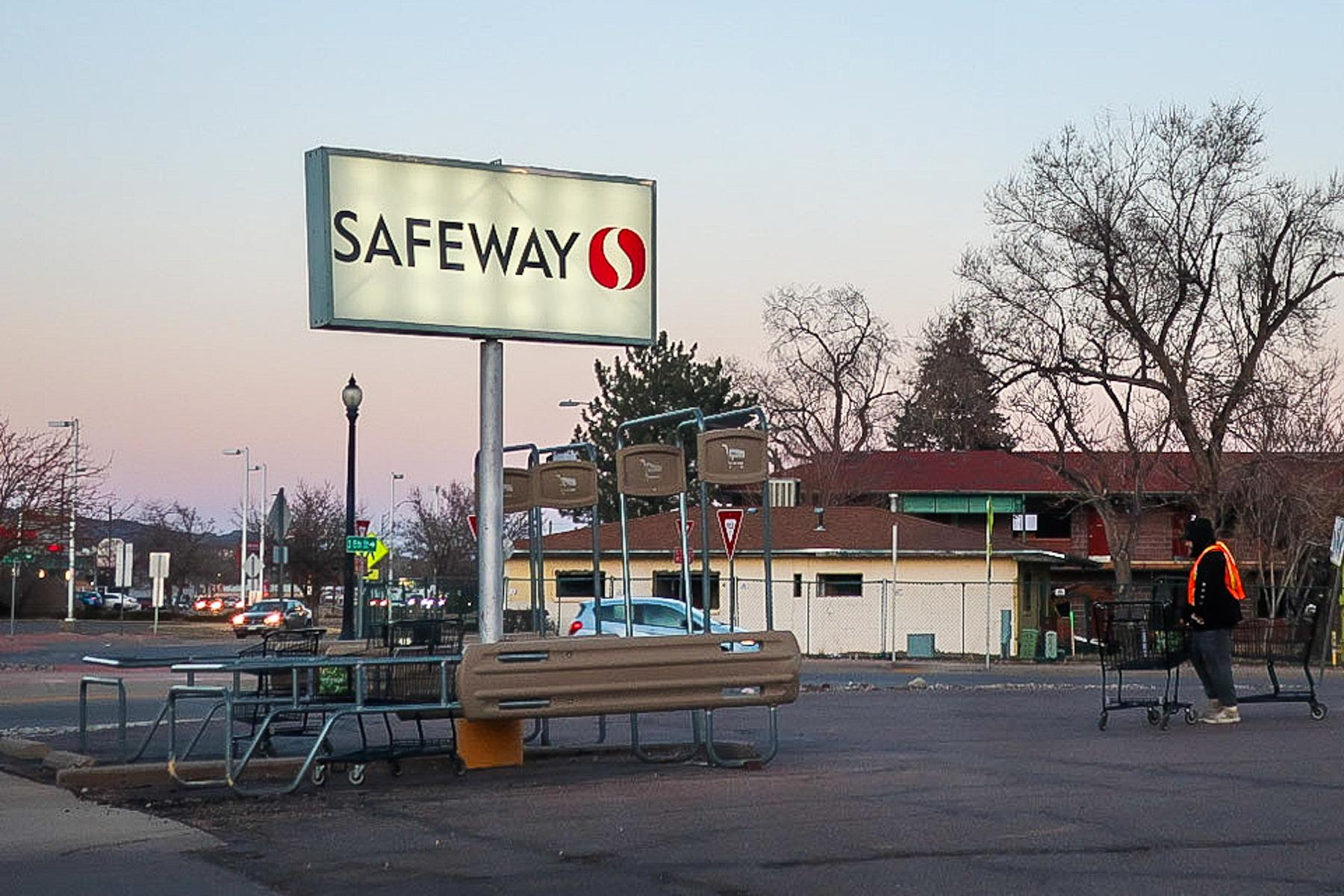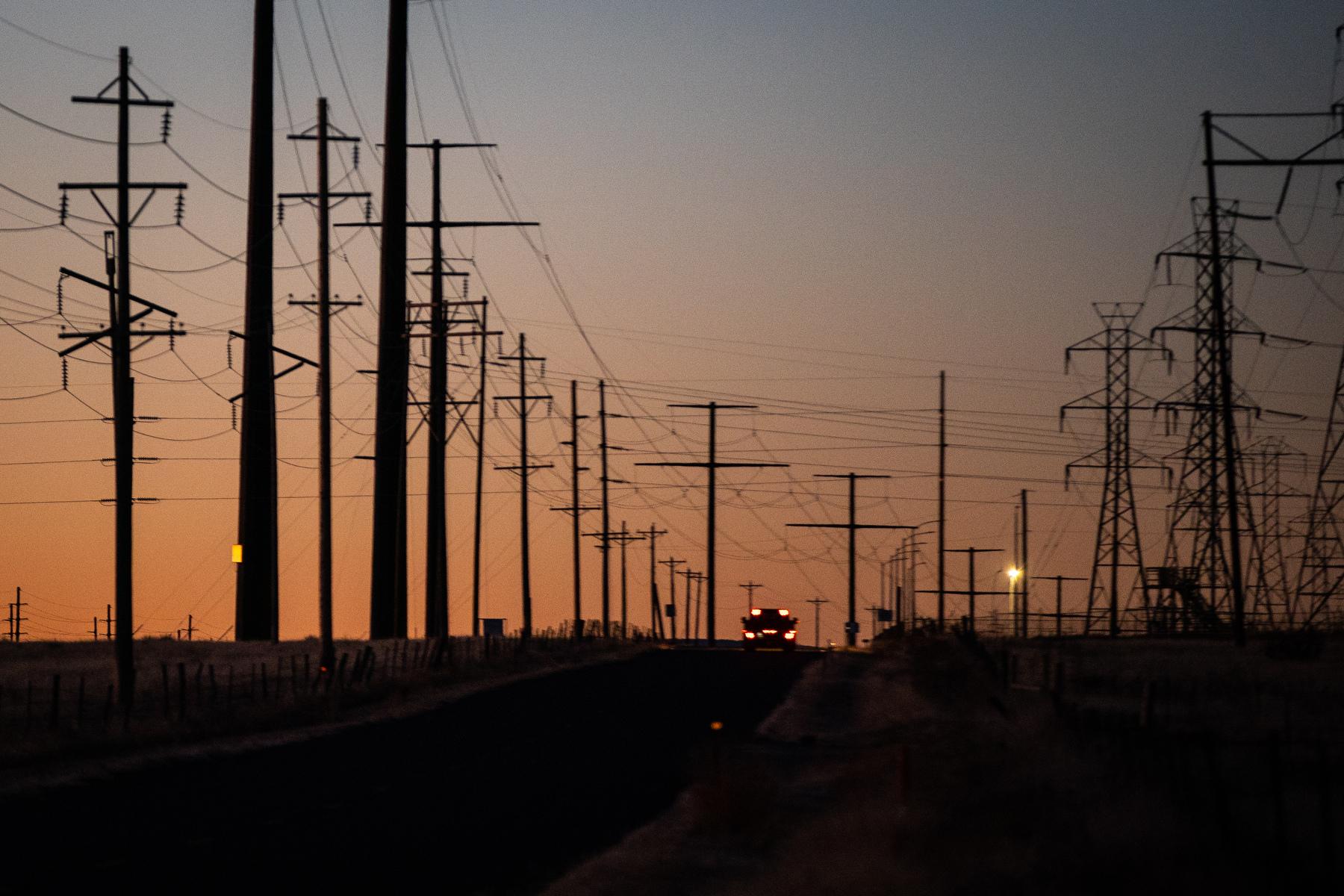
Sen. Michael Bennet has introduced a bill to support community policing programs, like the STAR Program in Denver and the Co-Responder Unit in Grand Junction, as many communities in Colorado face an increase in crime.
The SMART (Supporting Mental Assistance Responder Teams) Community Policing bill would provide funds for collaborative partnership with law enforcement, health professionals, case managers, and outreach teams.
“Community policing is an essential part of our response to the rise of crime in our country. It allows law enforcement to focus on violent crimes and lets local responders respond to people experiencing mental health crises or drug addiction,” Bennet said in a statement. He said his bill draws on “Colorado’s leadership to help communities nationwide develop similar programs to strengthen public safety.”
Instead of sending police officers to some low-risk 911 calls, STAR sends a team of clinicians and paramedics, freeing up police to focus on violent crime.
Other communities across Colorado and the country have similar programs. In Grand Junction, the Co-Responder Unit teams a social worker with a police officer and in Summit County, the System-wide Mental Assessment Response Team, pairs up deputies with clinicians.
The bill would authorize funding to expand or establish these types of response units through the COPS (Community Oriented Policing Services) grant program administered by the Department of Justice. COPS money can be used to hire police, provide training and develop and test innovative policing ideas.
Grand Junction currently funds the program with help from a state grant. A spokesperson for the Grand Junction Police Department said additional funding is always a positive.
“Any additional funding would help provide increased personnel geared towards addressing the mental health crisis in our community, as well as assisting in long-term mental health resources that are currently lacking right now, in Mesa County,” the spokesperson said.
According to Bennet’s office, the programs in Denver, Grand Junction and Summit have responded to almost 9,000 calls and provided services or resources to people in crisis.
Bennet is up for re-election this fall. His opponent, Republican Joe O’Dea has said he will make crime one of the issues he focuses on in the race.
According to Bennet’s office, these three programs in Colorado have responded to almost 9,000 calls and provided services or resources to people in crisis.
Bennet is up for re-election this fall. His opponent, Republican Joe O’Dea has said he will make crime one of the issues he focuses on in the race.









